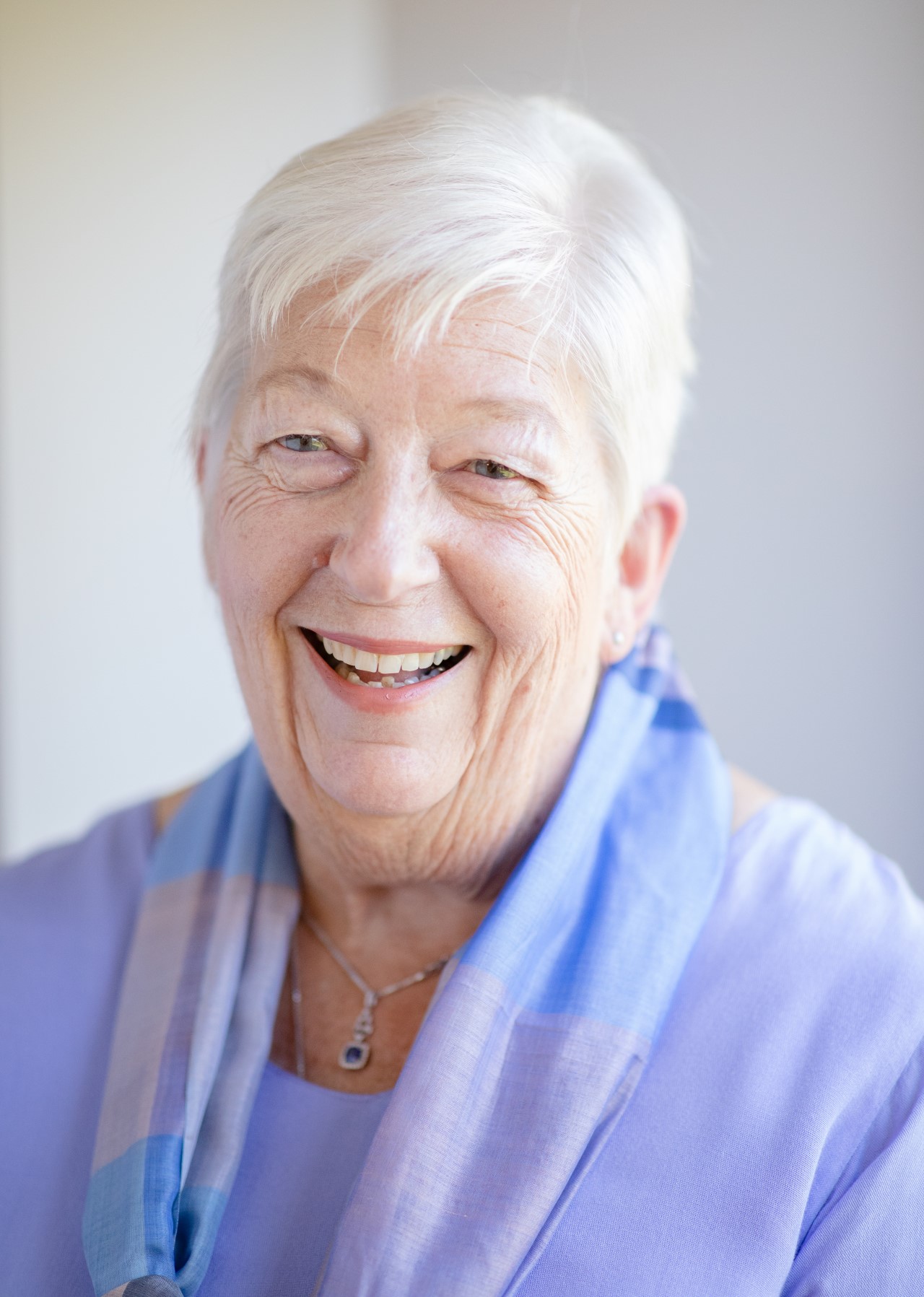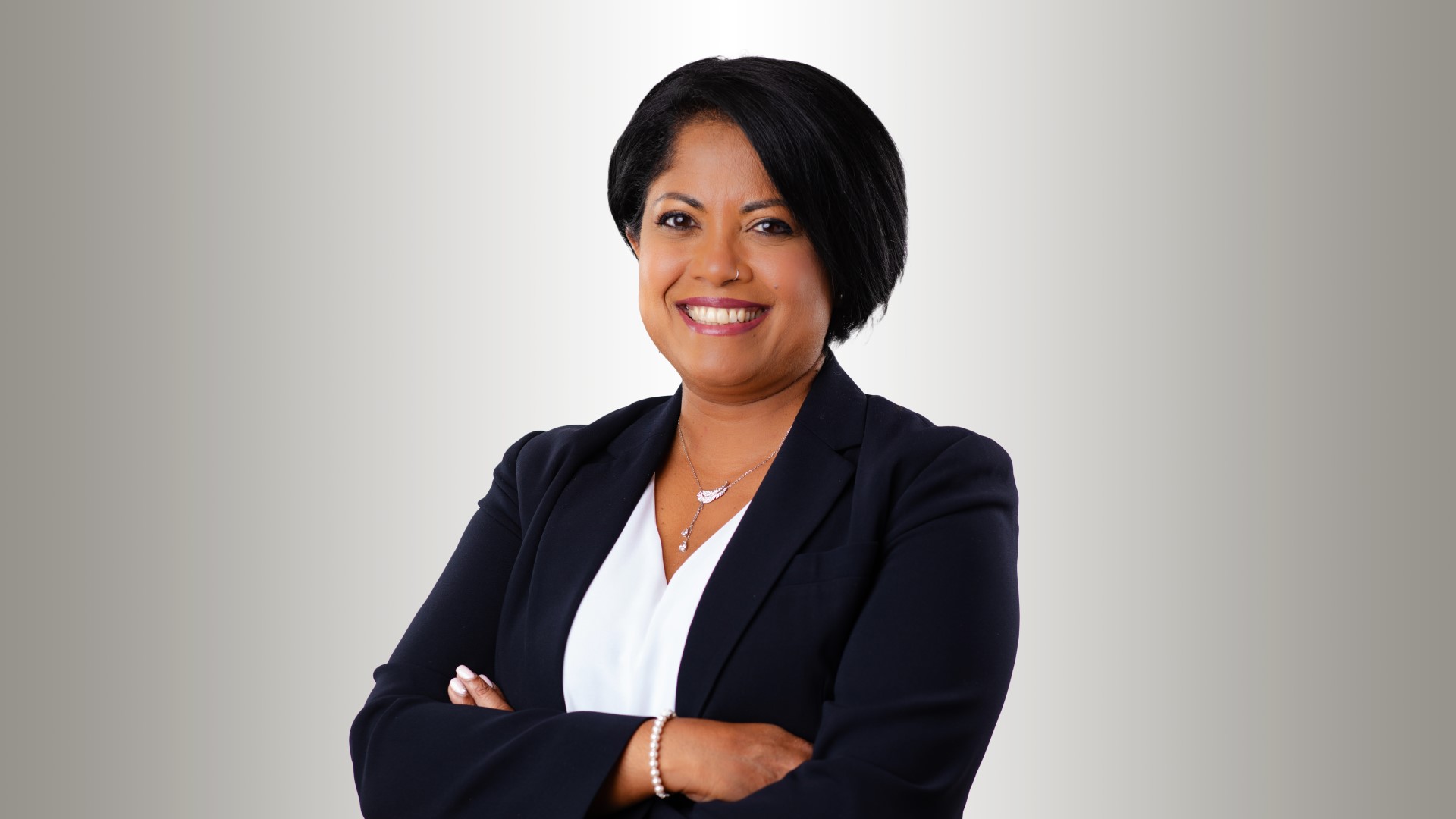KITE Clinics Brings Clinicians and Researchers Together
KITE Innovations and Rehab Clinics is making access to novel therapies possible by simultaneously supporting groundbreaking research and patient care.

For 78-year-old Ann Levitt, recovering from a stroke, which caused the entire left side of her body to be paralyzed, was a months-long process. After many hours of occupational and physical therapy, she regained movement in her left leg so that she could move with a walker, but her upper body remained very limited. “Initially, I couldn't move anything on my left side,” she recalls. “My lower body came back before my upper body. After occupational therapy at the rehab centre, I still only had a bit of function return to my hands.”
For many like Levitt, who experience a stroke or spinal cord injury, it can take weeks or months to recover, or even years. In fact, some patients never make a full recovery. That's why rehabilitation is critical, and having access to life-changing rehabilitation for a longer duration than the global health system offers, as well as innovative rehabilitation technologies, can make all the difference to how well and how fast a patient recovers.
Enter KITE Innovations and Rehabilitation Clinics (KITE Clinics), a self-sustaining enterprise that is both a research and clinical environment that offers rehabilitation services to the public. KITE Clinics fills a void in the healthcare system by simultaneously providing services patients need while ensuring there's enough staff working on important clinical research studies. “Because KITE supports both clinical and research work, we feel that we can fill an existing gap in providing innovative services,” explains Tharshini Chandra, Clinical Manager for KITE Clinics.


We connect researchers with clinicians, and in the end, both parties benefit. – Tharshini Chandra, Clinical Manager for KITE Clinics
Usually, researchers hire their own clinicians to apply research and compile data, but recruitment and budgeting are challenging barriers. KITE Clinics offers a mutually beneficial arrangement by connecting scientists with clinicians to carry out research on a part-time basis. “We offer a resource for researchers to tap into,” Chandra says. “Often, researchers face challenges in finding part-time and temporary clinicians to support studies. Also, once a study ends, clinicians are left with having to find other positions. Through KITE Clinics, that doesn't happen. We connect researchers with clinicians, and in the end, both parties benefit. KITE Clinics is an evolution because we can disseminate research findings into our patient care to benefit people faster.”

Unlike other institutions, KITE Clinics runs on a unique self-sustainability model established by Dr. Sukhvinder Kalsi-Ryan, a clinician scientist and the Liaison for Sustainable Research and Innovation at KITE. By charging fees for service on both the research and clinical sides, KITE Clinics – made up of the Mobility Innovations Centre, the Upper Extremity Clinic at University Centre and the Upper Extremity Clinic at Lyndhurst Centre – is set up to be a boon rather than a drain to the healthcare system ensuring that it remains viable to provide essential care and research support, while supporting its operational costs.
Providing access to transformative therapies
Given their research focus, the clinics that make up KITE Clinics are perfectly positioned to give patients access to novel approaches and therapies that aren't accessible anywhere else. “Because we have a clinical setting within a research lab, we facilitate the transition to clinical application,” says Dr. Sukhvinder Kalsi-Ryan. “This is knowledge translation in its true essence. We do research studies with expert therapists. Once a study is complete, clinicians are already trained to deliver that service. Knowledge translation is embedded within the research protocol.”
This built-in transfer of knowledge from research to application significantly impacts how quickly patients can benefit. “It's huge because the biggest challenge in rehab research today is making that transition,” affirms Dr. Kalsi-Ryan. “Millions of dollars get assigned to discovery and those discoveries never become accessible to patients.”
Consider, for example, that an estimated 2.7 million people in the U.S. and Canada live with moderate to severe mobility impairment of their arms and hands following a stroke or spinal cord injury. Paralysis of arms and hands can make performing daily functions difficult or impossible, and result in loss of independence.
400,000: Canadians living with a long-term disability from a stroke, and this number will almost double in the next 20 years. (Source: 2017 Stroke Report, Heart and Stroke Foundation of Canada)
That's where KITE-made innovation MyndMove, an electrical stimulation technology that helps people with upper limb paralysis regain movement, can make a life-changing difference. “MyndMove was created here in KITE's labs, and it went from discovery to implementation. Now we deliver the highest volume of MyndMove therapy,” says Dr. Kalsi-Ryan. “It's not covered through public health care, so without KITE, access to this novel therapeutic would be limited.”
For Levitt, receiving MyndMove therapy through KITE's Upper Extremity Clinic – which focuses on upper extremity impairments as a result of neurological problems – after her stroke was instrumental in her recovery. “Before I started MyndMove, I could grasp things, but I had very little fine motor control,” she explains. “I had limited range in my shoulder and in moving my whole arm, and my muscles were very weak.”
Through MyndMove therapy, Levitt's recovery improved dramatically. “It was exciting,” she recalls. “I could see the progress from one session to the next; it was incredible.”
With the help of her MyndMove therapist, Dr. Parvin Eftekhar, Levitt has regained full range of motion in her left shoulder and her hands. “Parvin was an absolutely amazing therapist,” emphasizes Levitt. “She has a PhD – to have someone at that level doing my therapy, that's unbelievable. She's extremely professional, but also caring and fun. We spent a lot of time laughing even though it was hard work. I look back at it fondly, and I am incredibly grateful.”
Inside KITE Clinics facilities
Here's what they're all about:
Mobility Innovations Centre
The clinicians and researchers in this lab are part of Toronto Rehab's Brain, Spinal Cord Rehabilitation and Musculoskeletal Rehab Programs. They work together to improve the outcomes of people with balance and mobility challenges. Teams share knowledge and evaluate and develop new innovations in real clinical settings.
Upper Extremity Clinics at University Centre and Lyndhurst Centre
Here, clinicians and researchers offer evidence-based, outcome-focused treatment for those with upper extremity impairments caused by neurological problems. Their goal is to speed up the development of innovative practices that can help this patient population regain their upper limb functions.
Team KITE Clinics
The unique entity of KITE clinics is attributed to a true team effort. In addition to those featured here, the team consists of Dr. Gita Gholamrezaei, Dr. Elizabeth Inness, Alexandra Chen, Jaclyn Dawe, Wenky Ma and Trisha Ann Corpuz.

This story is part of The Game Changers, a storytelling campaign featuring some of the groundbreaking research, innovative ideas and incredible people we have working behind the scenes to redefine the future of rehab at UHN. The series will run monthly through the rest of 2022 putting a spotlight on every corner of KITE, from our trainees, staff and scientists, to our labs, clinics and even the operating room.



